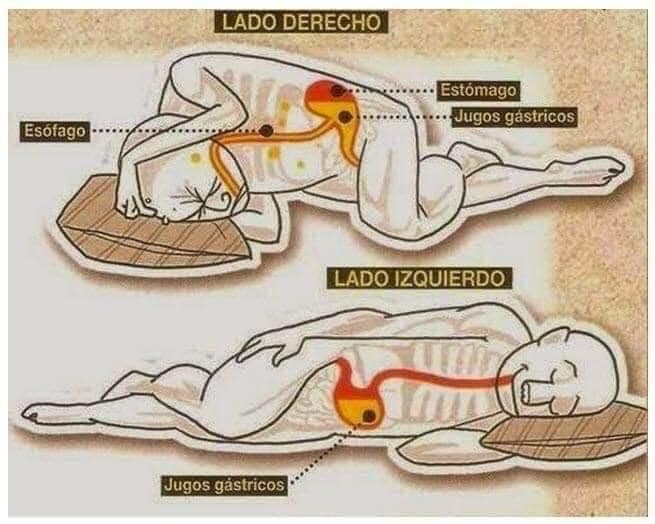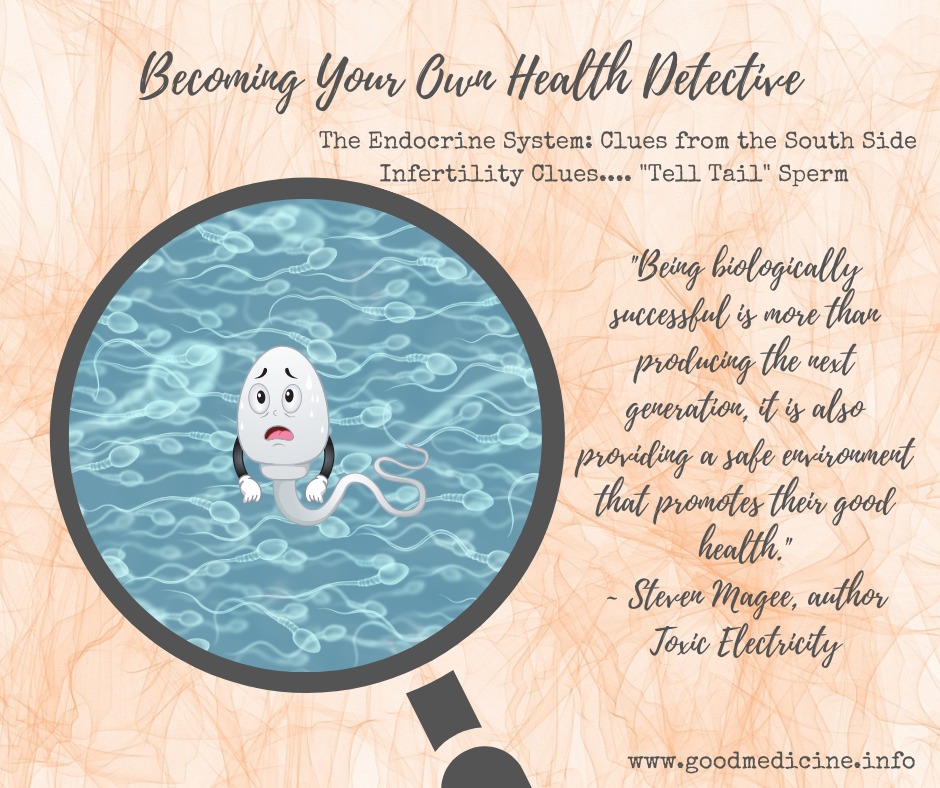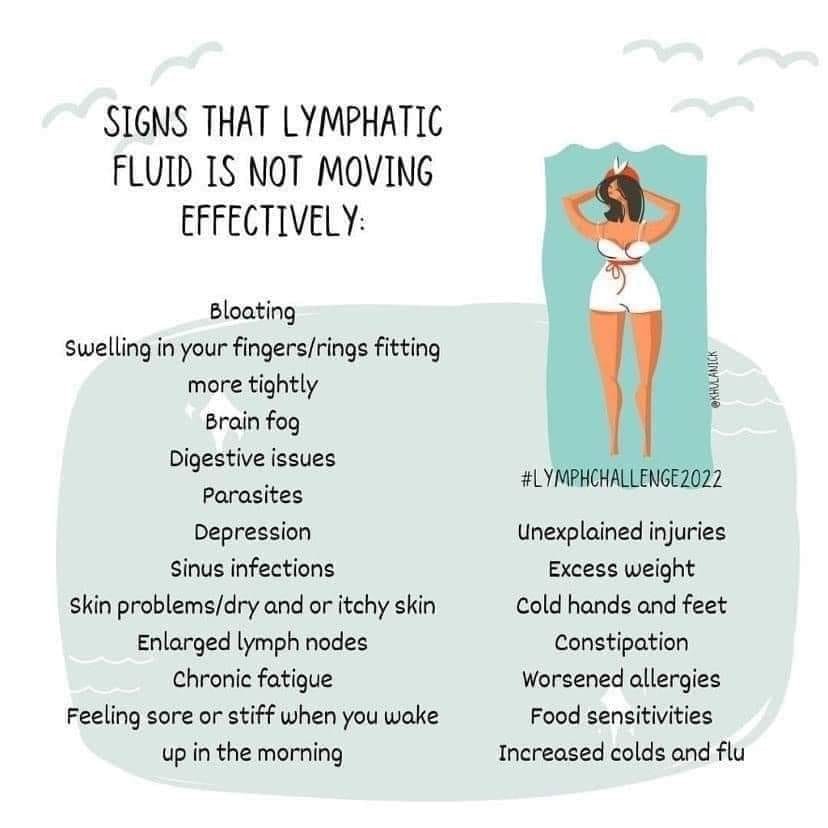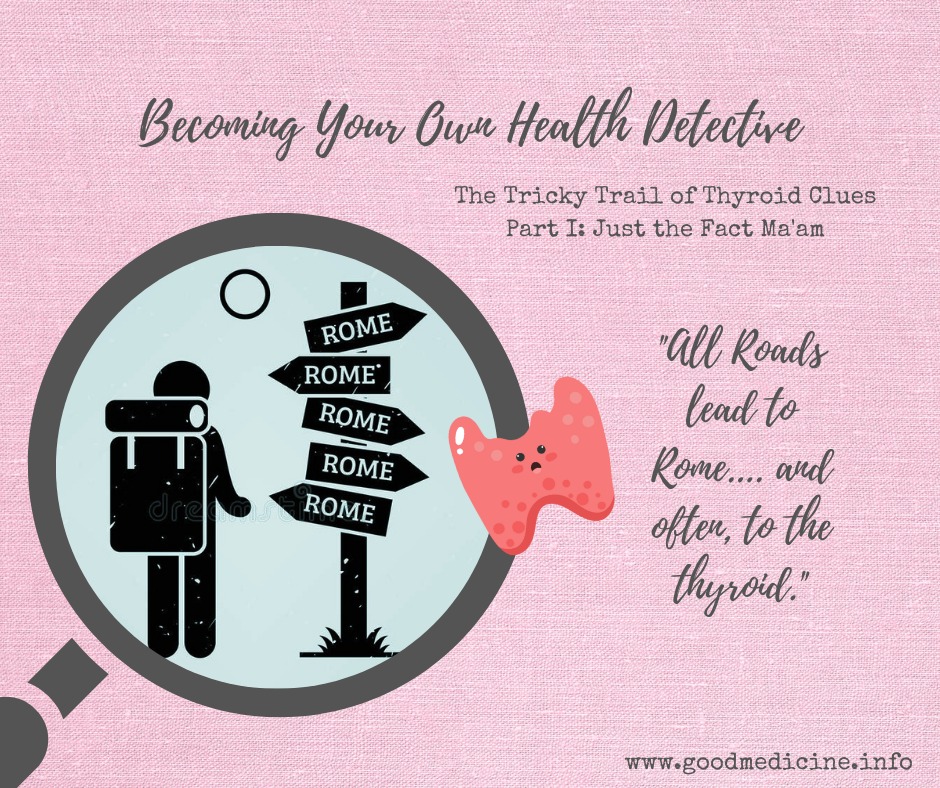Most of us don’t think twice about how our pelvic floor functions. We just take it for granted that it does…… until it doesn’t. 


I encourage you to check in with Miranda / Infinite Radiance Wellness. She is a PT with a passion for education and healing in all things pelvic floor. (And if you don’t exactly know what your pelvic for is and does, go learn from her… you won’t regret it!)
xoxo~ liz




